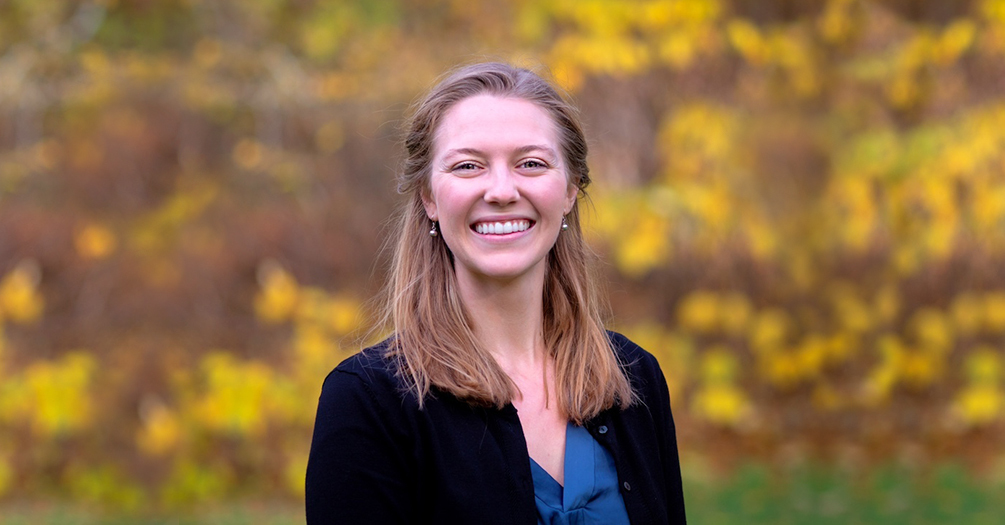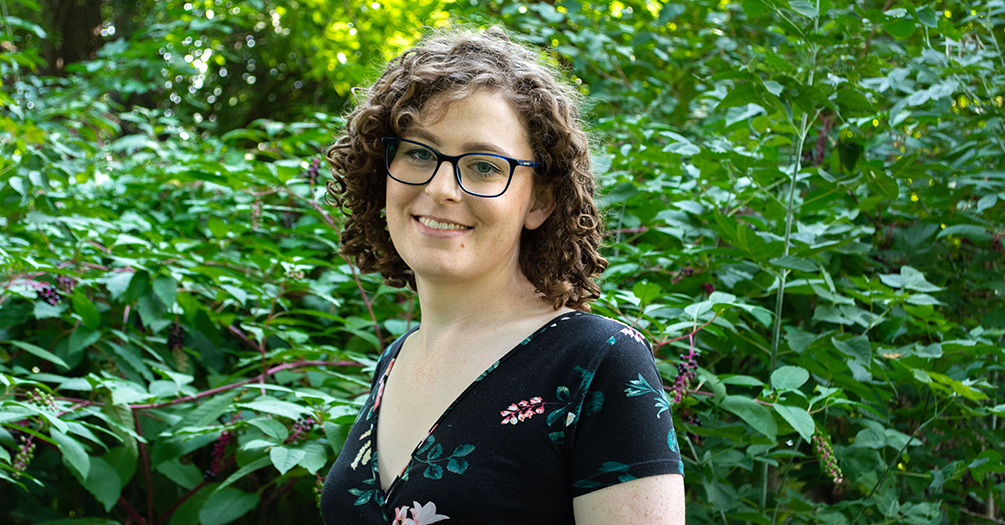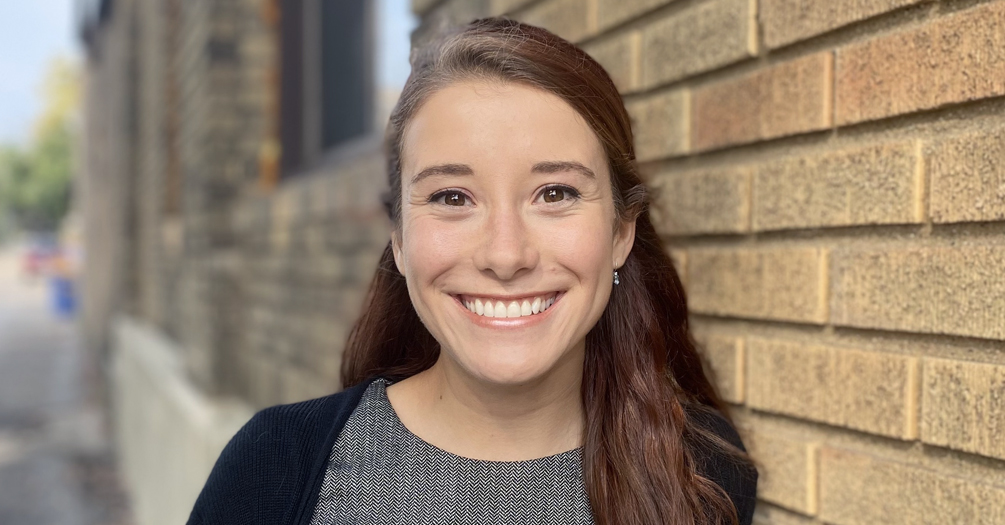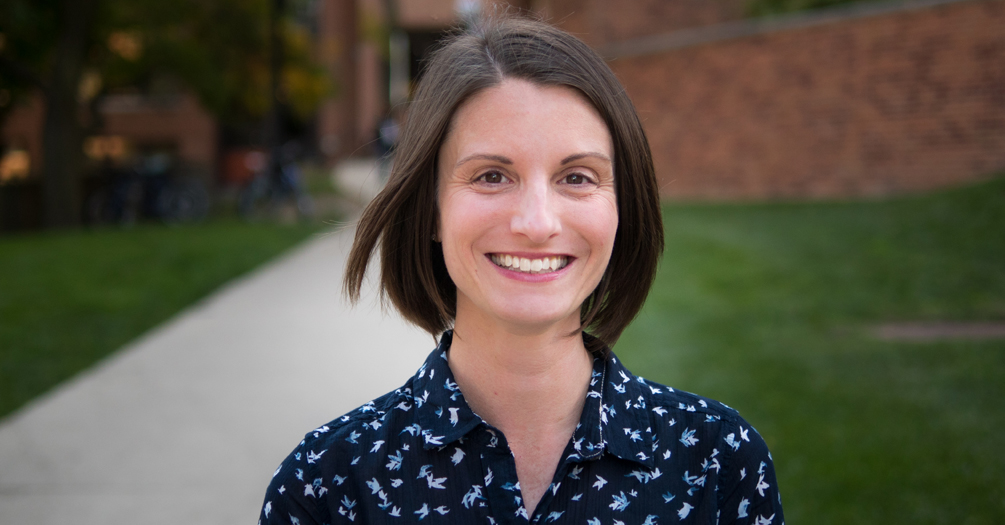
Alumna's research focuses on how childhood impacts mental health, chronic disease outcomes
Sidonie Kilpatrick
Sidonie Kilpatrick, MPH ’20, did not follow a family member’s path into the healthcare profession. She did not receive inspiration from a popular television series that showed healthcare workers in heroic roles, nor did her high school classes in related subjects provide the illumination that would send her on to study and work on critical matters of public health. Instead, she lived it.





